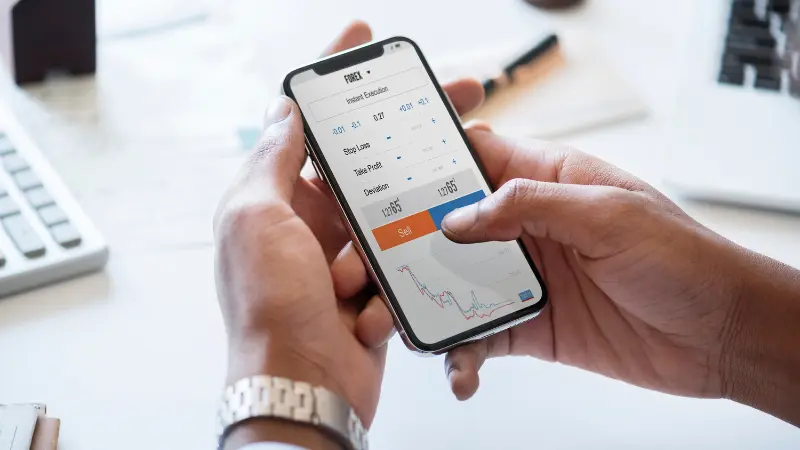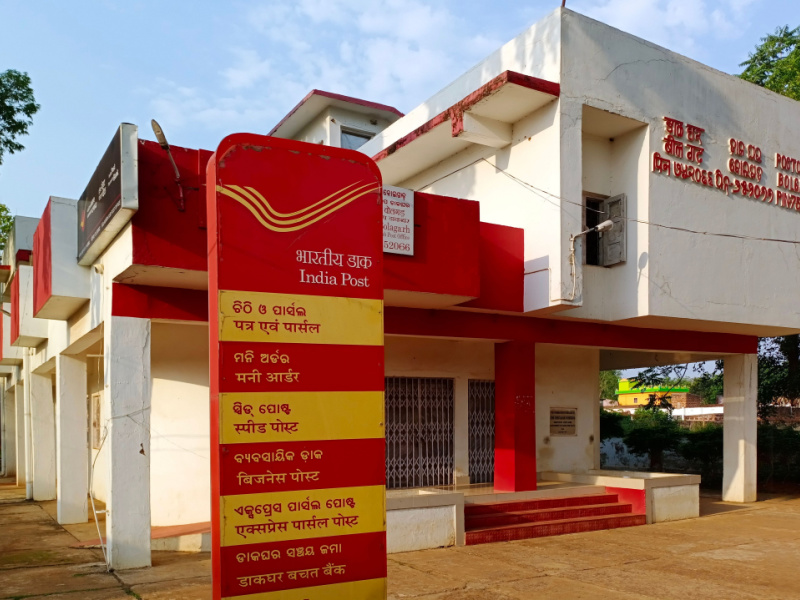
What are Bank Recurring Deposits?
Recurring deposits are the easiest investment options that can be accessed by any individual. These deposits are easier to open in comparison to fixed deposits as they provide flexibility in tenure and investment amount. Recurring deposits can be started with amounts as low as Rs. 100 and can be continued for the maximum tenure of 10 years. These deposits can be used to gradually build a corpus fund and earn interest on it at the same time.
Recurring deposits are low-risk investment options that are covered under the insurance provided under DICGC (Deposit Insurance and Credit Guarantee Scheme) for investment up to Rs. 5,00,000. These are a type of term deposit instrument that are offered by banks to encourage savings among people who have smaller but recurring incomes. This account allows the person to put a fixed amount regularly every month or year for a relatively long time providing them the benefit of earning interest at a rate higher than a regular savings account.
Investment Goal
The most important reason to open an account is the automatic access that it offers to other financial instruments such as investments, loans, and savings. It is an easier mode of starting a deposit and can be done just with a few steps. This account can be used to meet short-term needs and contingencies and is ideal for risk-averse investors.
Highlights
- Risk Appetite
Recurring deposits are low-risk investment options. These can be easily opened with any bank that the customer already has a savings account or a current account. Deposits held by a person under a recurring deposit account are covered under the blanket insurance provided by DICGC (Deposit Insurance and Credit Guarantee Scheme). The amount of deposit held in the RD account is secured up to Rs. 500000 in any case like liquidation, amalgamation, merger, or reconstruction of the bank.
- Returns
The returns under a Bank RD are available at a predetermined interest rate which is decided by the respective bank at the start of the financial year. This interest rate will be applicable for the tenure of the deposit subject to other prevailing bank guidelines.
The interest is calculated on a quarterly basis and credited to the savings bank account of the depositor. The average interest rate on a Bank RD is usually from 2.75% to 8% depending on the bank. Most banks provide the benefits of additional nominal interest rates for senior citizens.
- Taxability
Deposits under a bank RD do not have any tax benefits unlike a deduction towards a fixed deposit under Section 80C. The interest earned is included in the taxable income and is taxed at the applicable slab rates of the depositor. Banks are required to deduct TDS on the interest income if the income is more than Rs. 40,000 (Rs, 50,000 for senior citizens) in any financial year. TDS is deducted at the rate of 10% for depositors with a valid PAN and 20% if no PAN is provided.
- Lock-in Limit
Bank RDs can be opened for a flexible tenure depending on the convenience of the depositor. The tenure of a Bank RD varies between 6 months to 10 years. Most banks have a lock-in period of 30 days to 3 months depending on their guidelines. A withdrawal from this account prior to the lock-in period will not provide any benefits to the depositor.
- Withdrawals
Most banks do not allow partial withdrawal from an RD. Any partial withdrawal will also limit the benefits offered by these deposits. Banks, however, do provide an overdraft facility or a loan against the RD provided it is permissible under the bank’s guidelines and policies. Premature withdrawals from the Bank RD are allowed subject to penalties.
- Investment Safety
The capital investment or the amount deposited under Bank RD is secured under the DICGC (Deposit Insurance and Credit Guarantee Scheme) for an amount up to Rs.5,00,000.
- Inflation Cover
Returns on bank RDs are not inflation-protected returns. If the interest rate on bank RD is below the inflation rate then the account earns no real returns.
Types of Bank RDs
There are several types of bank RDs that can be opened by a person. The details of the same are mentioned below.
- Basic RD account
This type of RD account can be opened by any person above the age of 18 years. The tenure and the deposit amount has to be selected at the time of opening the RD. The interest on RD is calculated as compound interest or a simple interest depending on the tenure of the RD.
- RD for senior citizens
These RDS can be opened by any senior citizen above the age of 60 years. The interest earned on these accounts is higher than regular RD accounts and compounded quarterly.
- RD for minors
These accounts are opened for minors below the age of 17 years and are supervised by their parents or guardians. Similar to RD for senior citizens, the interest is fixed and compounded on a quarterly basis.
- NRE/NRO RD accounts
These accounts can be opened by any NRI. NRE (Non Resident External) and NRO (Non Resident Ordinary) RD accounts can be opened online and the interest is earned on such deposits whether the NRI is in India or outside.
Overview
| Feature | Description |
| Eligibility | Any resident Indian with a savings bank account |
| Entry age | For adults – Above 18 years For children – Minors accounts can be opened by parents or guardians |
| Fee Structure (Account Opening Fee & Maintenance Charges) | The minimum investment is Rs. 100 No maximum limit of investment. |
| Interest | 2.75% to 8% depending on the bank |
| Time period | 6 months to 10 years |
| Exit option/withdrawal | Partial withdrawal is not permitted.Premature withdrawal is permitted subject to penalties |
| Nomination Facility | This facility is available under Bank RD |
| Account Holding Categories | The conditions for opening a Bank RD account are,It can be opened by a single adultJoint accounts are permittedA guardian can open a Bank RD account on behalf of a minor or person of unsound mindA person can hold multiple accounts without any maximum ceiling. |
Account Setup Information
A bank RD can be opened easily through online and offline options. The details of the same are mentioned below.
- Online modes
The online options for opening a bank RD can be either through net banking or mobile banking.
- Net banking
The steps for this mode are,
- Login to the internet bank account
- Select the tab ‘Open RD’ available on the home page
- Provide the amount to be deposited and the frequency of deposit
- Enter basic details required as per bank guidelines
- RD will be opened and details will be sent to the registered email id and mobile number of the depositor
- Mobile banking
The steps for this mode are,
- Login to the mobile app of the bank
- Select the tab ‘Open RD’ available on the home page
- Provide the amount to be deposited and the frequency of deposit
- Enter basic details required as per bank guidelines
- RD will be opened and details will be sent to the registered email id and mobile number of the depositor
- Offline modes
The offline mode of opening a Bank RD is quite simple. The depositor simply has to visit their home branch and request an RD opening application form. This form has to be duly filled and submitted along with the basic documentation if required as per the bank’s guidelines. The RD will be opened and the details of the same will be sent to the registered email id and mobile number of the depositor
Conclusion
- The deposits can be made with either a cheque, money transfer or Electronic Clearing Services (ECS)
- A bank recurring deposit offers guaranteed returns with maximum safety.
- Senior citizens get an exemption on interest upto Rs.50,000.
FAQs
1. What is the tax benefit on bank RD?
A. The deposit under bank RD is not eligible for tax deduction under section 80C. The interest is subject to TDS at the rate of 10% on interest income above Rs.40,000 (Rs.50,000 for senior citizens).
2. What is the tenure of bank RD?
A. The bank RD can be opened for a tenure of 6 months to 10 years.
3. Are bank RDs a safe investment option?
A. Yes. Bank RDs are covered under the insurance provided by DICGC (Deposit Insurance and Credit Guarantee Scheme) for an amount up to Rs. 5,00,000.
4. Can a bank RD be opened by any minors?
A. Bank RDs can be opened by parents or guardians on behalf of the minors.
Related Articles





















